Jonahwhale, in three beautiful movements, takes on very current themes in its playful, mostly aquatic scope, moving from the ocean to the river Ganges to Marine Drive itself. It raises the narratives of Biblical eight century prophet Jonah, who escapes death by spending three nights in the belly of a whale, and the more recent Moby Dick, whose obsessive Captain Ahab chases the eponymous whale who bit off his leg; even as it resurrects the diverse figures who ran ships along the global trade routes of the seventeenth, eighteenth and nineteenth centuries and the themes of the city at war with itself, among many other concerns. The whale is different things at different moments, in this work, as is the ocean. For, ultimately, Moby Dick is about perception and understanding or not understanding, and the whale is that which we all struggle to pierce; it is also, perhaps, that which swallows us whole and lets us live, sometimes ignorant of what it signifies. Are we within the whale, or without it? Does it always matter? For, in ‘A Constantly Unfinished Instrument’, Ranjit Hoskote tells us, ‘Stay the course until you’ve caught / the quick, true surge of the ocean / that’s felt the fire harpoon pierce its hide:’-here, the ocean itself is the whale.
At the heart of the broad, wide-ranging canvas Hoskote puts into play is the idea of synthesis, which he raises in this poem and which generates and regenerates life, in any case. ‘If only I’d harpooned this monster on a page,’ he teases us, in ‘Ahab’; this is exactly what he is attempting to do, and often does. Jonahwhale is remarkably cosmopolitan in its reach; one poem (‘As It Emptieth It Selfe’) is inspired by the note to the copper engraving of a map of Bengal and parts of Odisha and Bihar prepared by official hydrographers to the East India Company. Another, ‘Lascar’ adapts a bit of a Sherlock Holmes story, set in ‘Bombay-Liverpool-London, 1889’, and calling up the wonderful spectre of a sea-cobra the narrator is sailing, with its ‘phana’ or hood.
A sophisticated project in anamnesia, Jonahwhale retrieves fragments and episodes from the multiple pasts that we inherit; it makes an inquiry into the unregarded legacies of the colonial encounter at sea rather than on land. Ambitious, accessible and rejoicing in the language and beauty of the many stunning connections it makes, this new book establishes Hoskote as one of our most gifted contemporary poets.

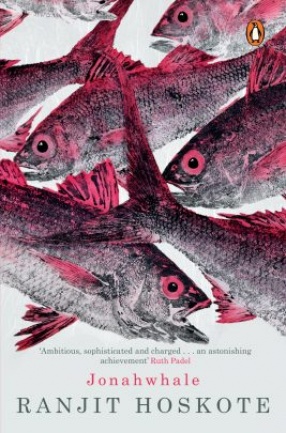
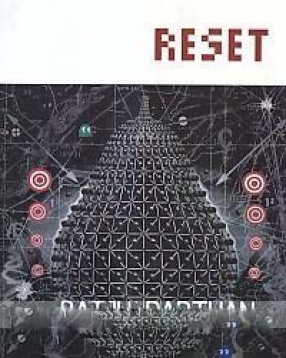
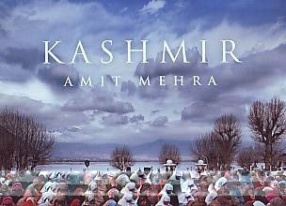
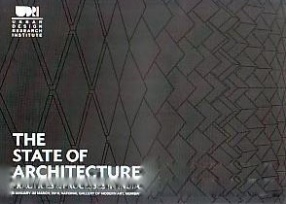
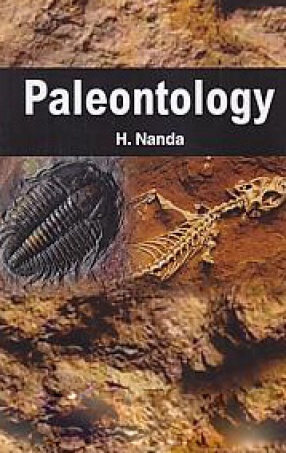

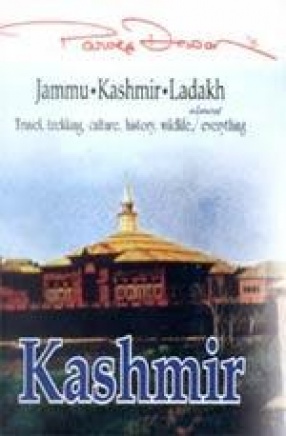
There are no reviews yet.